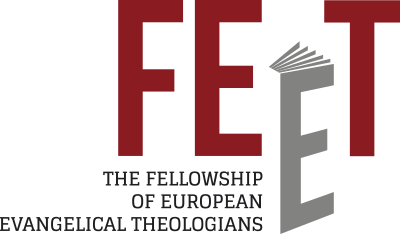European Journal of Theology Issue 32.2 (October 2023)
This issue of the European Journal of Theology contains two papers read at FEET’s online conference on Karl Barth. Romanian Octavian Baban offers a detailed and critical aassessment of Barth’s exegesis in the Römerbrief after 100 years. Baban argues that Barth discusses Paul’s concepts at the level of Paul’s corpus of letters and through a strong cultural lens, rather than at the level of Romans. Andrew McGowan focusses on the reception of Barth among evangelicals in Scotland. Although today Barth finds acceptance among a majority of evangelicals, McGowan notes critical differences on Scripture, on the nature of Reformed Theology, on election and on the atonement.
Under the title ‚Esau und Jakob: Familien und Figuren im Wandel?‘, Barbara Dörpinghaus studies the roles of Jacob, Esau and other characters in Genesis 25-49. She concludes that to be a source of blessing is a matter of election, not of human ability or competence. The article by Julius Steinberg, ‘Hope for the People of God and for the World According to the Bible’, looks particularly at Genesis 1-2 and Revelation 21-22. It goes back to the 2022 FEET conference on hope and offers a wholistic understanding of the mission of the Christian Church.
Serbian-Canadian Marko Vučković sketches the competing christological views of the philosophers John Milbank and Slavoj Žižek, arguing that neither is orthodox: Milbank is a monophysite while Žižek is patripassian. Finally, Georgina Jardim considers how the Bible and the Qur’an describe the righteousness of Abraham, including the qur’anic portrayal of Abraham as ḥanīf, and how these vies can function in public discourse.
The editorial is once again by Christoph W. Stenschke, who challenges evangelical theologians not to fight yesterday’s battles. He sees the task of theology as ‘bringing out of our treasures what is new and what is old’. As usual the issue concludes with the book reviews, prepared under the responsibility of review editor Professor Hans Burger. Amsterdam University Press (AUP) is offering the Journal at a reduced price to subscribers in many countries. The advertised rate only applies to subscribers in Western and Northern Europa, Australia, New Zealand, the USA and Canada; the reduced rate applies in the rest of the world!

